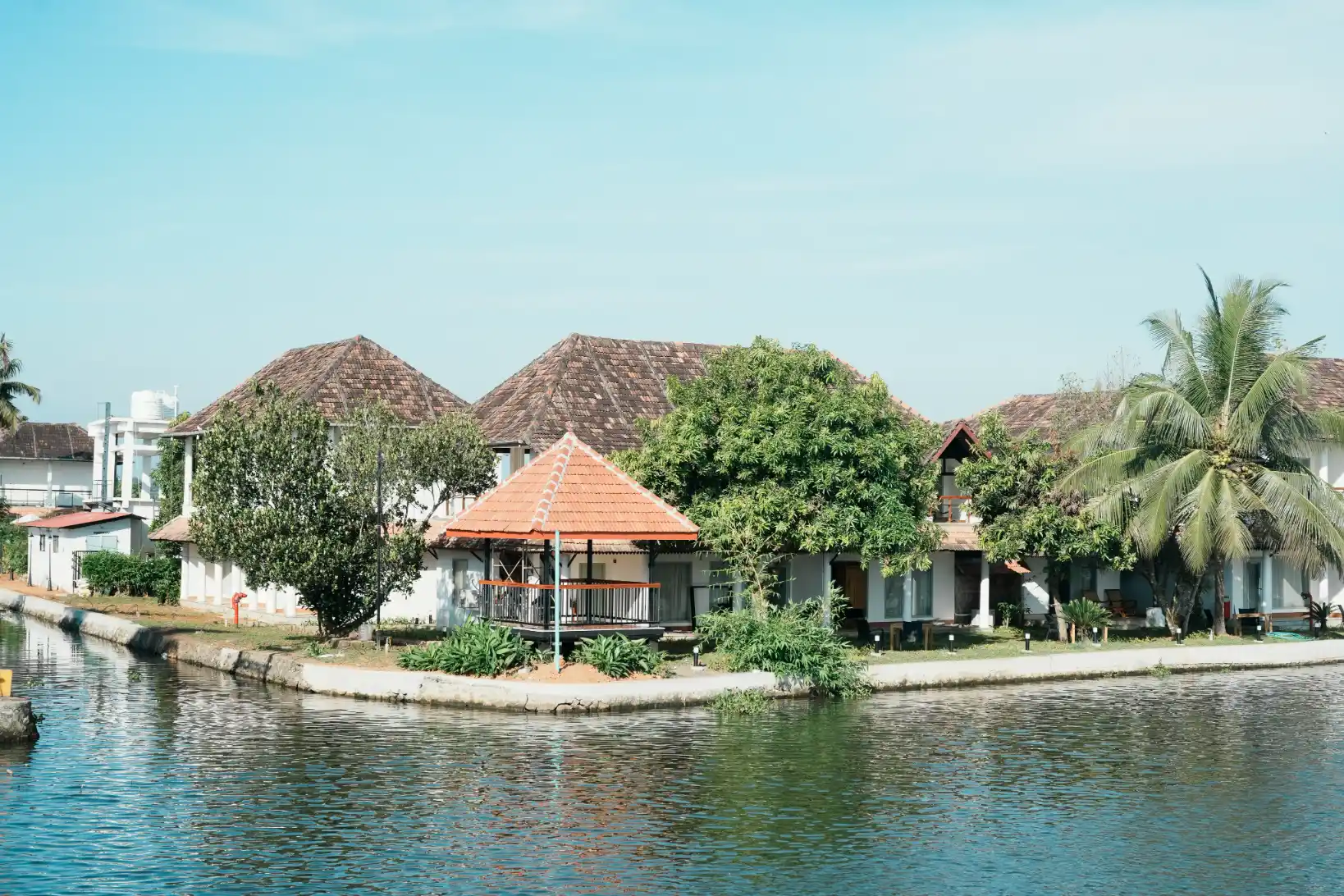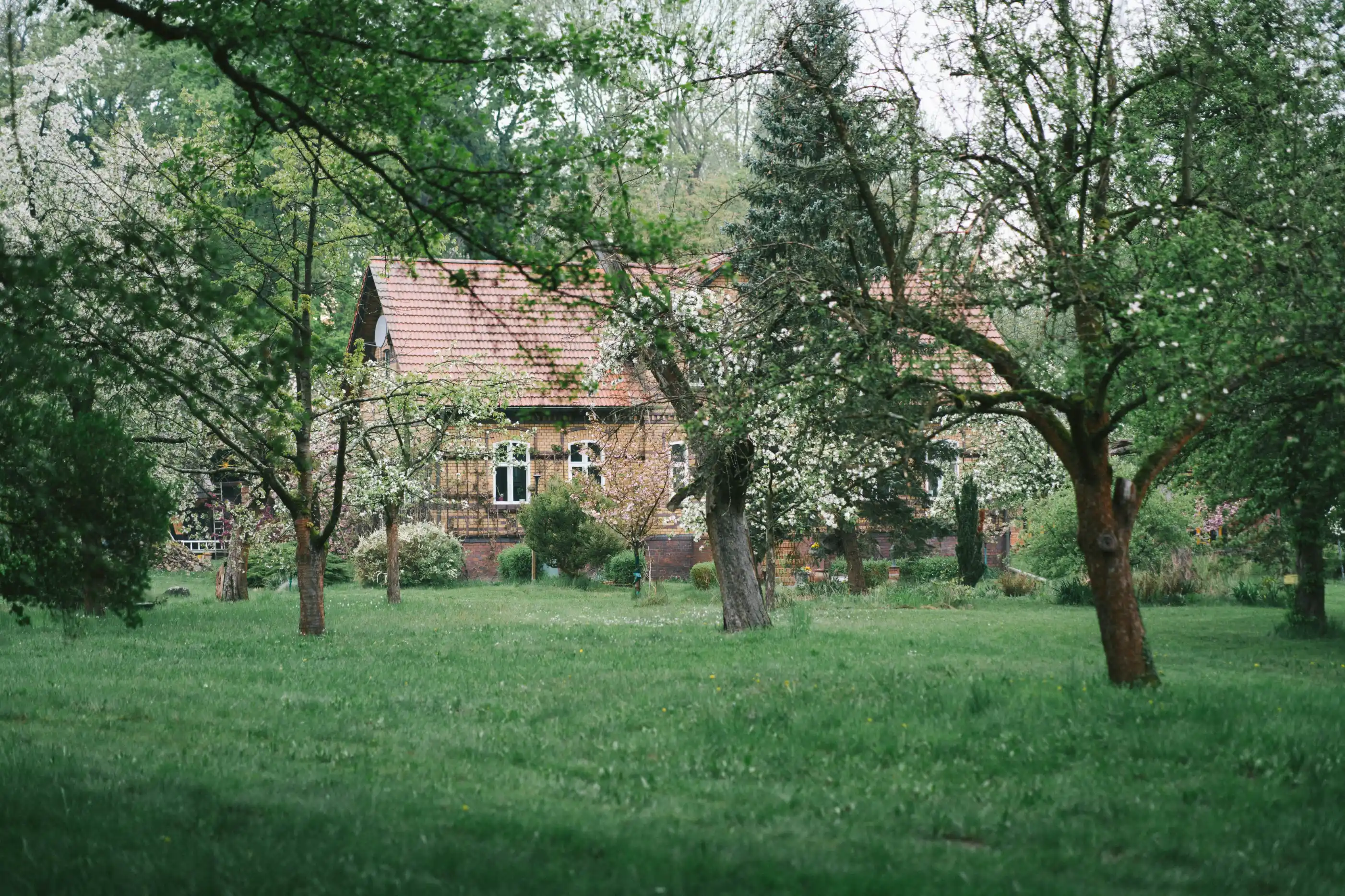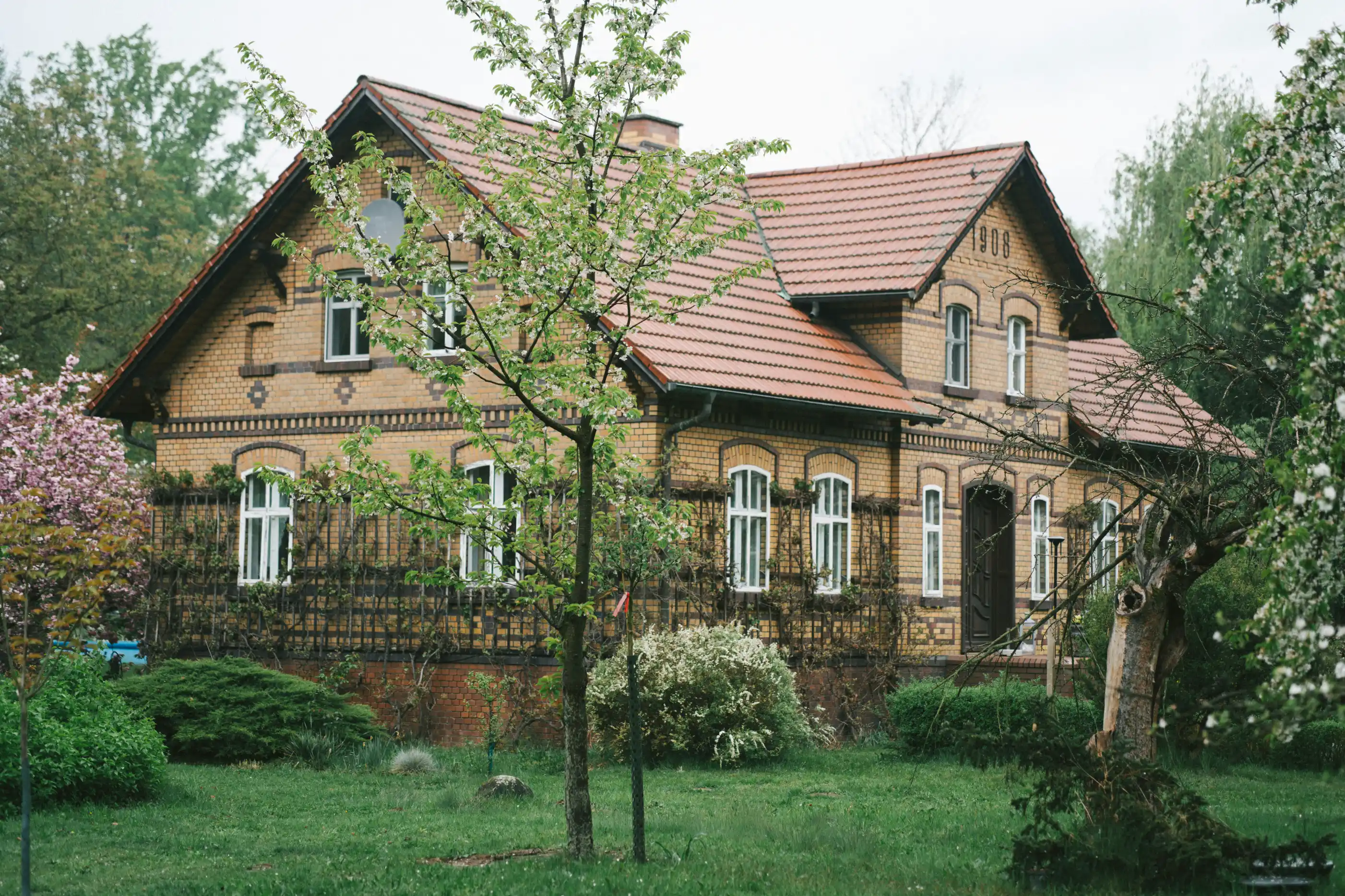An overview of Texas short-term rental regulations, including Fredericksburg laws, licensing, taxes, and compliance requirements.
Fredericksburg has top locations for starting a profitable Airbnb business in Texas. This Hill Country destination is popular for short-term rental investors and property managers, with its historic district, wineries, and proximity to attractions like Enchanted Rock. However, before venturing into this endeavor, they need to check Fredericksburg short-term rental laws. In Texas, vacation rentals are governed and regulated locally, as the state favors property rights with limited statewide regulations.
This article outlines Fredericksburg’s regulatory landscape and compares it with other major Texas Airbnb markets.
Texas' Definition of a Short-Term Rental
Texas lacks a statewide definition for short-term rentals, leaving this responsibility to local jurisdictions. Fredericksburg defines a short-term rental as:
Renting a residential dwelling for fewer than 30 consecutive days.
Eligible properties under Fredericksburg regulations include:
- Single-family homes
- Condos
- Apartments
- Guest houses
- Other residential properties
This definition excludes:
- Hotels and motels
- Bed and breakfasts
- Properties regulated under various classifications
While this definition applies to Fredericksburg, other Texas cities may use different definitions in their local regulations.
Starting a Short-Term Rental Business in Fredericksburg
Launching an Airbnb business in Fredericksburg involves key steps to ensure compliance with local regulations. State-level requirements are minimal, the city has established a regulatory framework to manage short-term rentals and preserve the character of this historic tourist destination.
Fredericksburg Airbnb hosts and operators need to complete the following:
- Research Fredericksburg's local laws regarding short-term rentals on the official city website.
- Licensing: Obtain a Short-Term Rental (STR) permit from the City of Fredericksburg by submitting an application with property information and compliance documentation.
- Zoning compliance: Ensure the property complies with Fredericksburg zoning regulations, which restrict STRs to certain zones or require conditional use permits in others. Residential zones have limitations to maintain neighborhood character.
- Safety standards: Meet Fredericksburg's safety and occupancy standards, including fire safety requirements and maximum occupancy limits based on property size and bedroom count.
- Tax registration: Register to collect and remit the Texas state Hotel Occupancy Tax and the Fredericksburg Hotel Occupancy Tax.
- Insurance: Secure adequate coverage for short-term rental operations, including liability and property protection.
- Local contact person: Establish a local contact person or property management system for guest and city communication, ensuring timely issue response.
- Best practices for starting a Fredericksburg short-term rental business include researching city regulations for your property's location and zoning. The City of Fredericksburg's website has detailed information, and consulting a legal expert on local short-term rental laws is advisable.
Before listing your property for rent, ensure you’ve fulfilled all local requirements for starting a vacation rental business in Fredericksburg.
Short-Term Rental Licensing Requirements in Fredericksburg
Texas doesn’t mandate state-level licensing for short-term rentals. Fredericksburg requires a specific permit.
The Fredericksburg STR permit application includes:
- Completed application form
- Property information including address and site plan.
- Identification and contact details
- Local contact details
- Proof of sufficient insurance coverage.
- Tax identification numbers for state and local taxes
- Compliance certifications as required by Fredericksburg regulations.
Fees for the STR permit in Fredericksburg vary. Contact the city for current schedules. Permits are valid for one year and must be renewed each year.
In Fredericksburg, operating a vacation rental without a valid permit can result in fines and potential suspension of STR operations. Given the city’s popularity as a tourist destination, enforcement of these regulations is strict.
License Renewals for Short-Term Rentals in Fredericksburg
To operate legally, STR permits in Fredericksburg must be renewed annually. The renewal process requires:
- Submitting updated documentation to demonstrate ongoing compliance with city ordinances.
- Paying renewal fees
- Confirming property and contact information is up to date.
Operators should mind renewal deadlines, as failing to renew the STR permit on time can result in fines and potential suspension of operating privileges. Given Fredericksburg's active short-term rental market, maintaining proper licensing is essential for legal operation.
Required Documents for Fredericksburg Short-Term Rentals
Operators need to provide the following documents when applying for or renewing an STR permit in Fredericksburg:
- Proof of property ownership in Fredericksburg.
- Property information including address and site plan.
- Identification and contact details
- Local contact details for resolving issues.
- Proof of sufficient insurance coverage for STR activity
- Tax identification numbers, including state and local tax IDs
- Compliance certifications required by Fredericksburg ordinances, such as safety inspections.
Having these documents ready will facilitate the application or renewal process and ensure compliance with Fredericksburg's regulations.
Fredericksburg Short-Term Rental Tax
In Fredericksburg, short-term rental operators have various tax obligations:
- Hotel Occupancy Tax (HOT): Operators must collect and remit both the state and local Hotel Occupancy Tax. The combined rate includes Texas state HOT (6%) and Fredericksburg local HOT (contact the city for current rate).
- Income Tax: Rental income must be reported on federal income tax returns. Texas has no state income tax, but federal taxes still apply.
- Property Tax: In Texas, property taxes are based on assessed value and usage. Operating a short-term rental may influence tax assessments.
In Fredericksburg, vacation rental owners can deduct specific business-related expenses to reduce their taxable income. These expenses include:
- Mortgage interest
- Property management fees
- Insurance premiums
- Repairs and maintenance
- Utilities
- Cleaning services
- Guest supplies
- Advertising and marketing expenses
Fredericksburg requires monthly reporting and payment of HOT, and state and federal taxes are paid according to their schedules. It is important for Airbnb operators to understand all tax obligations for timely and full payment. Consulting a tax professional familiar with Texas short-term rental operations is recommended.
Statewide Short-Term Rental Rules in Texas
Texas state legislation is permissive of short-term rentals, emphasizing local control rather than strict statewide regulations. Key points about state-level regulations include:
- Texas law doesn’t preempt local ordinances, allowing cities like Fredericksburg to establish their own regulations.
- State rules set a broad legal framework, with specific enforcement and regulations at the municipal level.
- Operators must comply with Texas safety and health codes and Fredericksburg-specific regulations.
The minimal state regulation approach gives cities like Fredericksburg latitude to establish their own requirements, leading to variation across Texas municipalities.
Short-Term Rental Rules By Texas City
1. Fredericksburg Short-Term Rental Regulations
Fredericksburg has active regulations for short-term rentals, requiring permits and adherence to zoning and safety standards. Key regulations include:
- Definition: Rental of a dwelling unit for fewer than 30 consecutive days.
- Licensing: Short-Term Rental (STR) permit, with application, fee, and yearly renewal.
- Zoning: Regulations may restrict STRs to certain zones or require conditional use permits in others, with limitations in residential areas.
- Other regulations: Rules on occupancy limits, parking, noise, waste management, and local contact availability.
- Taxes: In addition to the state HOT, there is a Local Hotel Occupancy Tax.
Fredericksburg's approach aims to balance the economic benefits of short-term rentals with preservation of the city's historic character and residential neighborhoods.
2. Austin Short-Term Rental Regulations
Austin has implemented some of the most comprehensive and restrictive short-term rental regulations in Texas:
- Multiple license types based on property type and owner occupancy.
- Strict density limits in residential neighborhoods
- Phase-out of certain non-owner-occupied rentals
- Stringent operational requirements and occupancy limitations
Austin's approach is more restrictive than Fredericksburg's, particularly for non-owner-occupied properties.
3. San Antonio Short-Term Rental Laws
San Antonio's regulations differentiate between owner-occupied and non-owner-occupied properties:
- Different permit categories based on owner occupancy
- Zoning regulations manage STR density in residential areas.
- Comprehensive safety and operational standards
- The local contact person must be available to address issues.
San Antonio's two-tier system creates varying regulation levels based on whether a property is owner-occupied.
4. Fort Worth Short-Term Rental Laws
Fort Worth regulates STRs, permitting them only in mixed-use, commercial, and industrial zones:
- STRs are not allowed in residential areas.
- Mandatory registration and permitting
- Strict zoning limitations
- Occupancy limits and safety requirements
Fort Worth's approach is more restrictive than Fredericksburg's, particularly regarding zoning.
5. Corpus Christi Short-Term Rental Regulations
Corpus Christi distinguishes between Type 1 (owner-occupied) and Type 2 (non-owner-occupied) rentals:
- Type 1 STRs are allowed with some exceptions.
- Type 2 STRs are limited to 15% of the block face.
- Permit requirements and annual renewal
- Safety and operational standards
Corpus Christi's percentage cap system for non-owner-occupied rentals represents a unique approach to balancing property rights with neighborhood character.
Bottom Line
Texas short-term rental laws vary by city. Fredericksburg establishes its own regulations to manage vacation rentals while preserving the character of the tourist destination. Adhering to Fredericksburg's local ordinances and permit requirements is essential for operating a legal short-term rental.
Fredericksburg regulations can change. Operators should regularly check the city website and local government resources for updates. Consulting city officials and real estate legal experts for specific guidance ensures compliance.
Fredericksburg's short-term rental market is active but regulated, reflecting the city's popularity as a weekend getaway and wine country destination. For those considering investing in short-term rentals, thorough due diligence on local regulations is essential before purchasing or converting a property. Understanding the requirements regarding permits, zoning, safety, and taxation will help ensure a compliant and profitable business.

.webp)



